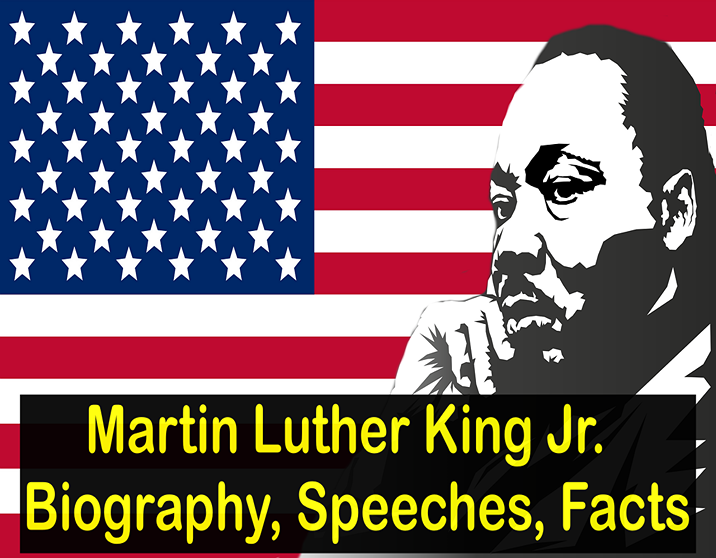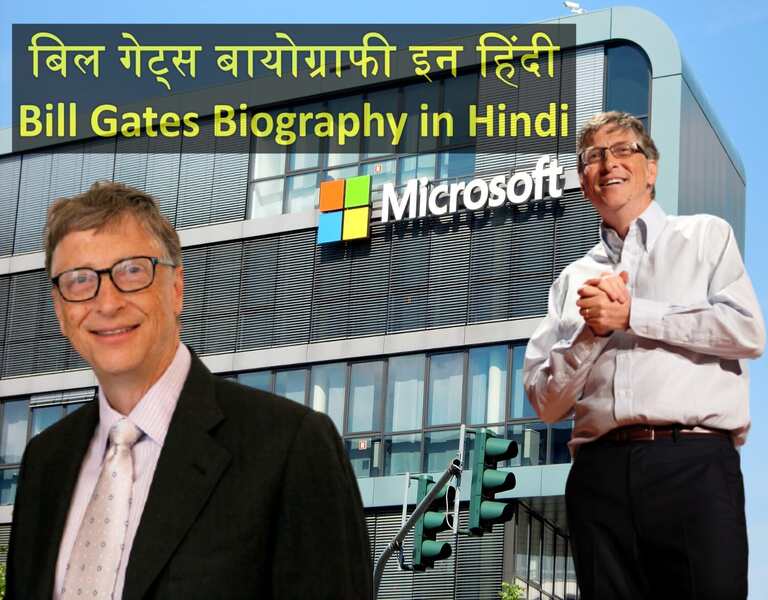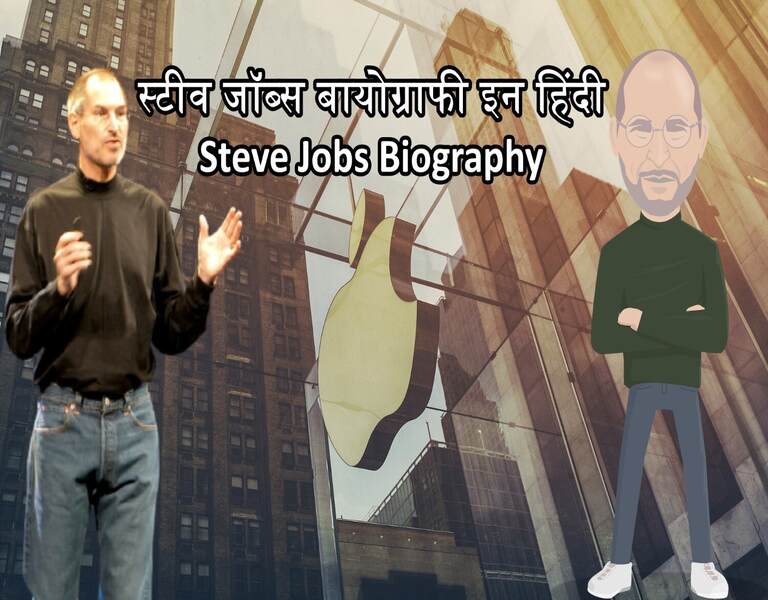Martin Luther King, Jr. | Biography, Speeches, Facts – 2023
Martin Luther King Jr. was a pivotal figure in the American civil rights movement, an influential Baptist minister, and a symbol of nonviolent protest against racial segregation and injustice. Born on January 15, 1929, in Atlanta, Georgia, he was the second child of Martin Luther King Sr. and Alberta Williams King. His birth name was Michael King Jr. but after a family trip to Germany in 1934, where his father was inspired by the Protestant Reformation leader Martin Luther.
Growing up in Atlanta, King experienced the harsh realities of racial segregation in the South. Despite coming from a middle-class family, he witnessed firsthand the systemic discrimination against African Americans. His parents instilled in him a strong sense of self-worth and the importance of fighting for justice.
King entered Morehouse College at the age of 15, where he excelled academically and was exposed to various intellectual and philosophical ideas. His early encounters with racism and inequality deepened his commitment to addressing social issues. After completing his undergraduate degree in sociology, he pursued theological studies at Crozer Theological Seminary in Pennsylvania, where he was introduced to the teachings of Mahatma Gandhi and the principles of nonviolent resistance. Martin Luther King, Jr. | Biography, Speeches, Facts – 2023
King’s journey as a civil rights leader began in earnest during the Montgomery Bus Boycott in 1955. Rosa Parks, an African American woman, refused to give up her seat on a bus to a white person, leading to her arrest. In response, the African-American community in Montgomery organized a boycott of the city’s bus system. The young minister emerged as a prominent leader, chosen to lead the Montgomery Improvement Association, formed to coordinate the boycott.
The boycott lasted for 381 days, and its success marked a significant victory against segregation. The Supreme Court ruled in 1956 that bus segregation was unconstitutional. This event catapulted Martin Luther King into the national spotlight, establishing him as a charismatic and eloquent spokesperson for the civil rights movement.
In 1957, King, alongside other civil rights leaders, founded the Southern Christian Leadership Conference (SCLC) to further the cause of civil rights using nonviolent direct action. The SCLC played a crucial role in organizing and coordinating protests, marches, and other activities aimed at dismantling segregation and securing equal rights for African Americans.
King’s commitment to nonviolent resistance drew inspiration from his Christian beliefs and the teachings of Gandhi. He believed that love and nonviolence were powerful weapons against injustice. King’s philosophy was rooted in the idea that oppressed people could transform society through moral and spiritual awakening rather than through violence.
In 1963, King and the SCLC initiated the Birmingham Campaign, a series of nonviolent protests against racial segregation in Birmingham, Alabama. The campaign faced brutal opposition from law enforcement, leading to mass arrests and violent clashes with police. Images of peaceful protesters being attacked by police dogs and sprayed with fire hoses garnered national and international attention, highlighting the brutality of segregation.
During his imprisonment in Birmingham, King penned his famous “Letter from Birmingham Jail,” in which he defended the use of nonviolent civil disobedience and urged white moderates to recognize the urgency of the civil rights cause. The letter is a powerful expression of King’s commitment to justice and equality, emphasizing the interconnectedness of all communities in the fight against discrimination. Martin Luther King Jr Biography Speeches Facts
The climax of the civil rights movement came on August 28, 1963, with the March on Washington for Jobs and Freedom. The event drew more than 250,000 demonstrators to the steps of the Lincoln Memorial. It was there that Martin Luther King delivered his iconic “I Have a Dream” speech, a powerful call for an end to racism and a vision of a future.
In this historic speech, King eloquently expressed his dream of a nation where people would not be judged by their race but by their character. His words resonated across the nation and the world, becoming a defining moment in the struggle for civil rights. The March on Washington and King’s speech increased public support for comprehensive civil rights legislation, leading to the passage of the Civil Rights Act of 1964.
Martin Luther King became the youngest person to receive the Nobel Peace Prize for his role in combating racial inequality through nonviolent resistance. The award recognized his efforts to achieve civil rights for African Americans using peaceful means.
Following this international recognition, King turned his attention to the de facto segregation and housing discrimination in Northern cities, particularly Chicago. The Chicago Campaign aimed to address issues of racial inequality beyond the South and shed light on the pervasive discrimination faced by African Americans in urban areas.
King’s advocacy for civil rights and opposition to the Vietnam War drew criticism and alienated some of his allies, including President Lyndon B. Johnson. The civil rights movement also faced internal tensions as other leaders, such as Malcolm X, advocated for a more radical approach. Despite external and internal challenges, King remained committed to nonviolence and equality.
In 1968, King turned his attention to economic issues and launched the Poor People’s Campaign. This movement sought to address economic inequality by advocating for jobs, income, and housing for all Americans. Unfortunately, King did not live to see the full realization of this campaign. Martin Luther King, Jr. | Biography, Speeches, Facts – 2023
Tragically, on April 4, 1968, Martin Luther King Jr. was assassinated and his death sent shockwaves through the nation and around the world, leading to a wave of riots and protests.
Martin Luther King’s legacy endures through his contributions to the civil rights movement and his impact on American society. His work laid the foundation for significant legislative achievements, such as the Civil Rights Act of 1964 and the Voting Rights Act of 1965. King’s commitment to justice, equality, and nonviolent protest continues to inspire individuals and movements advocating for social change globally.
In recognition of his enduring influence, Martin Luther King Jr. Day was established as a federal holiday in the United States, celebrated annually on the third Monday in January. The holiday honors King’s life and legacy, serving as a reminder of the ongoing struggle for civil rights and social justice. Martin Luther King Jr. remains an enduring symbol of courage, hope, and the transformative power of nonviolent resistance in the face of injustice.
In addition to his public life as a civil rights leader, Martin Luther King Jr. had a family and personal life. In 1953, he married Coretta Scott, who played a crucial role in supporting him in his activism. The couple had four children: Yolanda, Martin Luther III, Dexter, and Bernice. Coretta became an activist in her own right, advocating for civil rights, women’s rights, and LGBTQ rights after her husband’s death. Martin Luther King Jr Biography Speeches Facts
King’s commitment to civil rights often put a strain on his family life. The constant threats, violence, and the demands of leadership took a toll on him personally. Despite the challenges, his family remained a source of strength and support throughout his life.
While King is best known for his work in the civil rights movement, his vision extended beyond racial equality. In his later years, he became increasingly concerned with economic injustice, advocating for fair wages and decent housing for all Americans. The Poor People’s Campaign, his last major initiative, sought to address the intersectionality of poverty, racism, and militarism.
King’s stance against the Vietnam War also showcased his commitment to peace and justice on a global scale. His April 4, 1967, speech at Riverside Church in New York City, where he spoke out against the war, demonstrated his evolving perspective on the interconnectedness of various forms of oppression. Martin Luther King, Jr. | Biography, Speeches, Facts – 2023
King faced numerous challenges during his leadership in the civil rights movement. He was arrested multiple times, and his commitment to nonviolence often faced criticism from those advocating for more radical approaches. Some within the civil rights movement questioned his methods, believing that more aggressive tactics were necessary to bring about change.
King’s opposition to the Vietnam War strained his relationship with President Lyndon B. Johnson and other political leaders. The mainstream media and some conservative groups also criticized him for being too radical, while more radical activists criticized him for not going far enough.
Martin Luther King Jr.’s legacy extends far beyond the years of his activism. His life and teachings continue to inspire generations of individuals and movements fighting for justice and equality. His philosophy of nonviolent resistance has influenced civil rights leaders around the world, and his emphasis on love, compassion, and unity remains a powerful force in the ongoing struggle for human rights. Martin Luther King Jr Biography Speeches Facts
In the years following his death, numerous streets, schools, and institutions were named in King’s honor. His “I Have a Dream” speech is often cited as one of the greatest speeches in American history. The Martin Luther King Jr. Memorial in Washington, D.C., dedicated in 2011, stands as a testament to his enduring impact on the nation.
King’s contributions to civil rights were formally recognized with the awarding of the Presidential Medal of Freedom and the Congressional Gold Medal posthumously. His life and work are studied in schools and universities worldwide, ensuring that his legacy continues to shape conversations about justice, equality, and the ongoing pursuit of a more inclusive society.
While significant strides have been made since the height of the civil rights movement, challenges to racial equality persist. The Black Lives Matter movement, among others, carries on the work initiated by King, addressing issues of police brutality, systemic racism, and social injustice. The struggle for civil rights is an ongoing process, and King’s teachings and principles continue to guide those fighting for a more just and equitable world.
Martin Luther King Jr.’s life and work are a testament to the power of moral conviction, nonviolent resistance, and the pursuit of justice. His unwavering commitment to equality and his ability to inspire change through peaceful means have left an indelible mark on the course of American history. Martin Luther King, Jr. | Biography, Speeches, Facts – 2023
Autobiography Martin Luther King Jr
Martin Luther King Facts
Biography of Martin Luther King
Autobiography Martin Luther King Jr
Martin Luther King Facts
Biography of Martin Luther King













